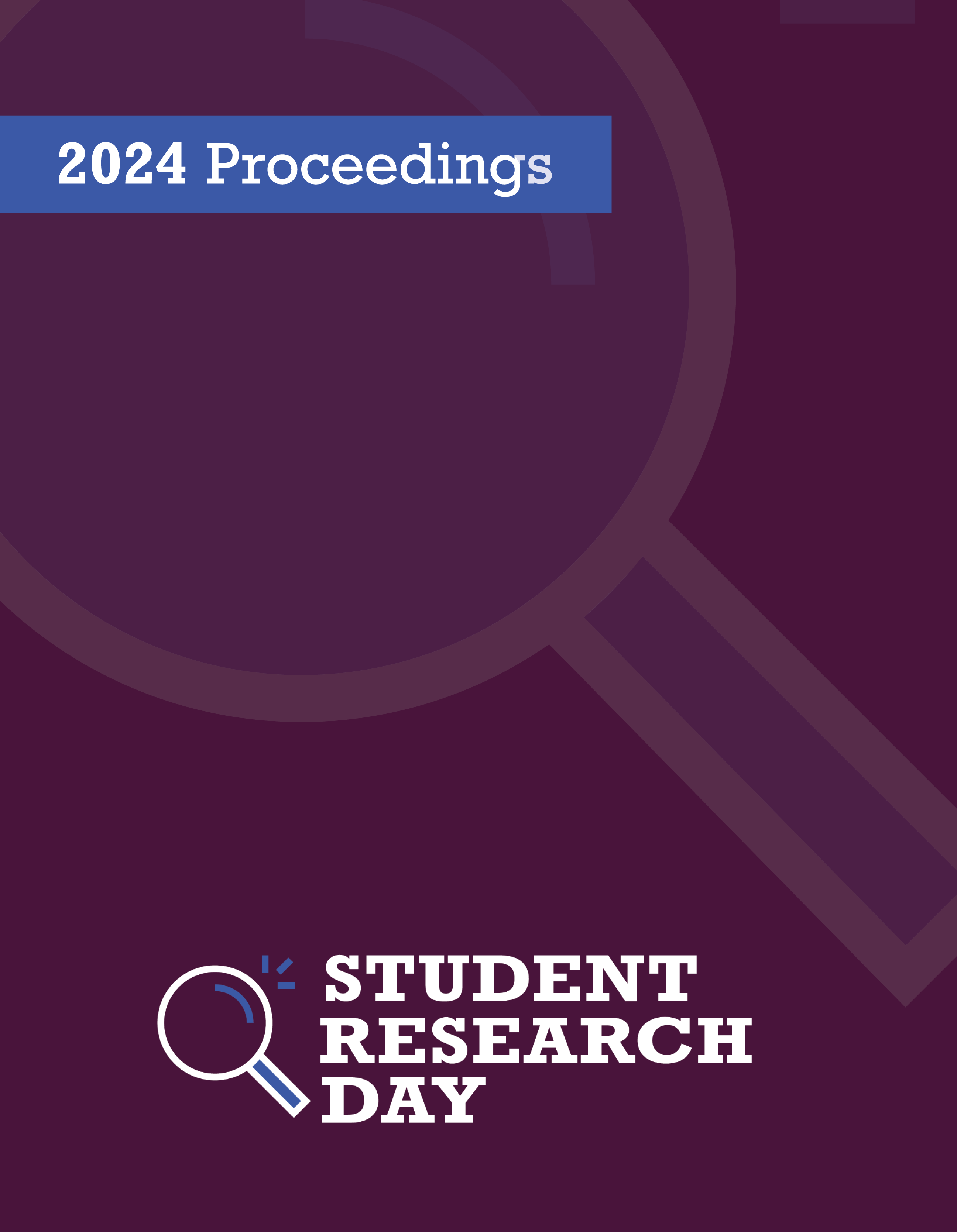The Promise of Socratic Irony: A Medium for Understanding (Noesis) in Platonic Dialogues
Abstract
This exegesis on Platonic dialogues is inspired by Jacob Klein’s (1965) discussion on Socrates' irony. Specifically, Klein's statement that “[Socrates] is not ironical to satisfy himself. Everything about Socrates’ irony depends on the presence of other people who are capable of catching the irony, of hearing what is not said.” By noticing instances of Socratic irony in the texts, Klein’s remark seems to suggest that the reader can “hear what is not said” i.e. the reader (us), can unlock a form of understanding that is not explicitly mentioned in the text. The task of this exegesis, therefore, is dedicated to the so-called “noticing” of irony in Platonic dialogues. Guided by a desire to make Plato’s innovative use of Socratic irony intelligible, the structure of this exegesis will explore the form (dialogue and irony), content (dialectics and meaning), and context (space and time) of Platonic dialogues in their varying levels of interaction - i.e. the interaction between the interlocuters in the dialogues, the interaction between the dialogues themselves, and the interaction between the dialogues and us (the readers).
Faculty Mentor: Dr. Gaelan Murphy
References
Downloads
Published
Issue
Section
License
Authors retain any and all existing copyright to works contributed to these proceedings.



